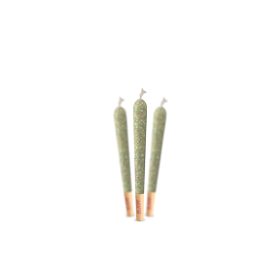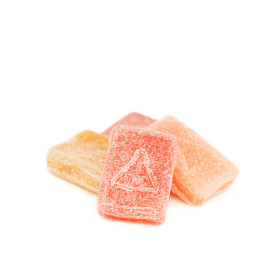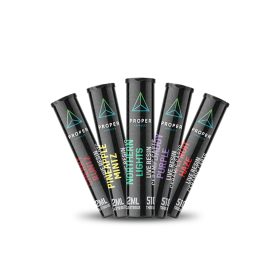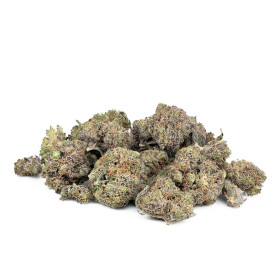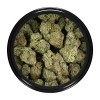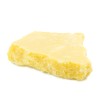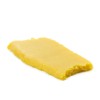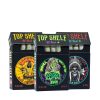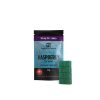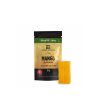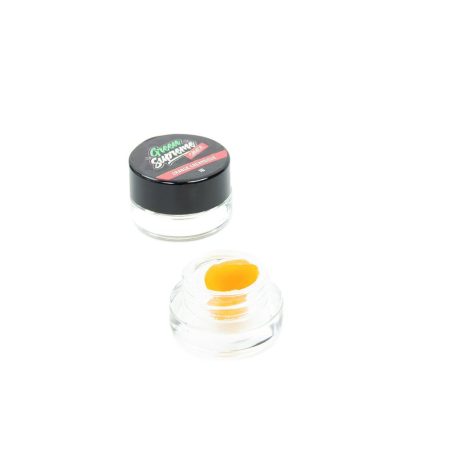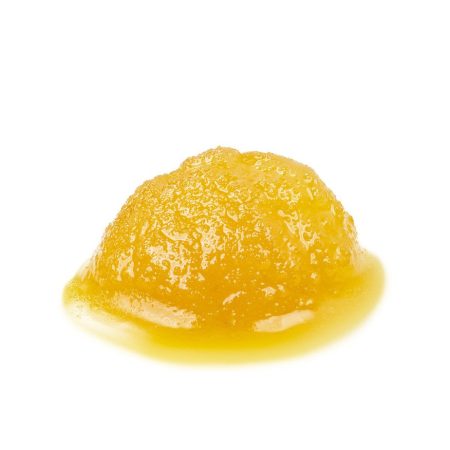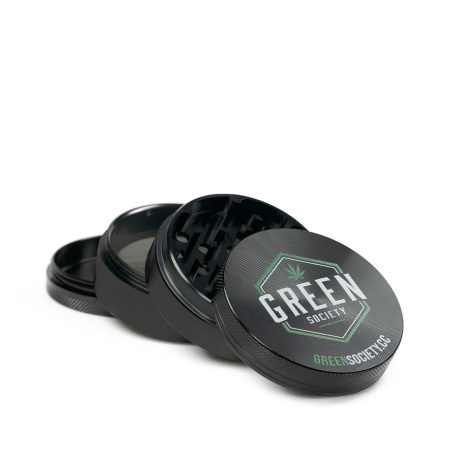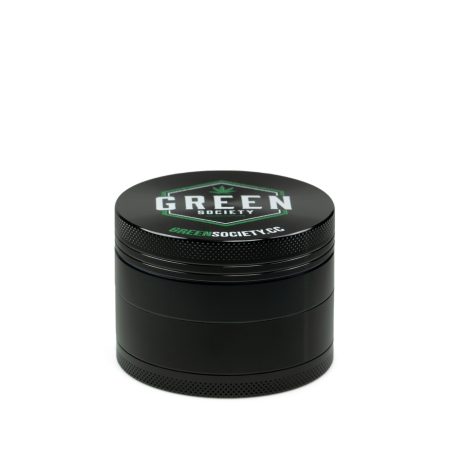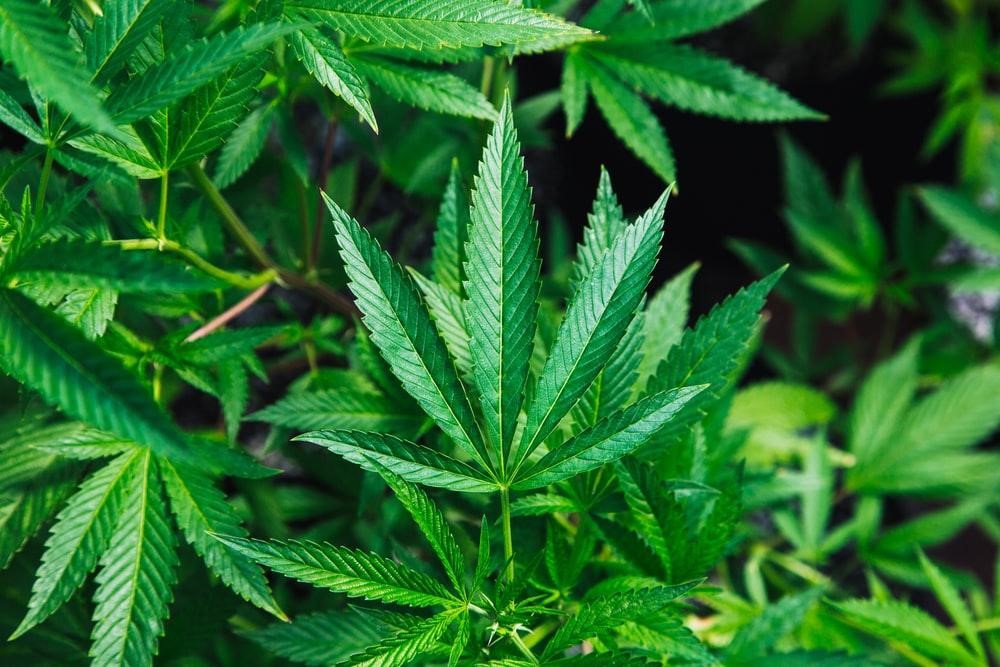Until recently, you wouldn’t have found hemp or cannabis products on your local high street. But today, the health benefits of both medical and recreational cannabis are better understood than ever – and it’s encouraging more and more of us to try it out for ourselves.
From CBD oils to hemp milk, bags, and even socks, these plant-based products’ popularity has soared. The plant in various forms is so popular that we’ve even seen the launch of Canada’s first cannabis and hemp expo. However, many people remain confused about the difference between industrial hemp and cannabis.
If you’ve ever wondered ‘what is the difference between hemp and cannabis oil?’ keep reading. This article will explain the differences between industrial hemp and cannabis and discuss the various uses of both.
What Is Cannabis?
Although people often use the words cannabis, hemp, marijuana, and CBD interchangeably, it’s crucial to understand the differences between these terms. Cannabis – otherwise known as marijuana, pot, or weed – is the drug that comes from the Cannabis plant.
There are various species of this plant. Three of the most common species are Cannabis sativa, Cannabis ruderalis, and Cannabis indica.
Every strain consists of more than 113 different components, which are known as cannabinoids. The two main cannabinoids are:
- Cannabidiol (CBD) is the non-psychoactive element of marijuana. It’s the part of the plant that has various health properties and does not make you feel high.
- Tetrahydrocannabinol (THC) is a cannabinoid. It is the primary psychoactive element of marijuana.
The different plants contain different concentrations of both CBD and THC. Cannabis sativa, ruderalis, and indica are all popular choices because they are so high in THC, making its psychological effects more potent.
Typically, a plant must contain at least 0.3% THC before legally classing it as cannabis. Anything less than this percentage is an industrial hemp plant.
What Is Hemp?
Now that we’ve explained what cannabis is, it’s time to discuss hemp. The confusion surrounding the difference between industrial hemp and cannabis comes (understandably) from the fact that the two plants are technically the same species. The idea to class them in different ways was proposed in 1979 by the principal research scientist from Ottawa named Ernest Small. But why?
Hemp comes from plants in the Cannabis family. However, the word hemp describes any species of the plant that contains less than 0.3% THC. At levels this low, the THC is not powerful enough to have any psychoactive effects, making it a suitable product for health foods, oils, and supplements.
Industrial hemp plants contain more CBD than THC. Ernest Small suggested classing cannabis and hemp differently to make it easier for governments to regulate the sales of psychoactive drugs. The terminology has stuck around to this day.
What Are the Uses of Cannabis?
The principal use of cannabis is as a psychoactive drug. Concentrations of THC are usually higher in the plant’s flower or ‘buds.’ Many people who use it choose to smoke or vape it, but it’s also possible to buy THC extract in the form of edibles and tinctures.
Worldwide Usage
Cannabis or marijuana is the most widely used recreational drug worldwide. According to the United Nations’ World Drug Report, there could be as many as 192 million cannabis users around the world. This number includes people who use the drug for medicinal reasons, such as treating nausea or pain associated with cancer.
Medical Research and Treatment
Ongoing research suggests that the plant could become an increasingly valuable resource for medicine in the coming years. Its potential benefits range from controlling ADHD to slowing the onset of degenerative diseases such as dementia and Alzheimer’s.
In the United States, the FDA (Food and Drug Administration) has even recently approved the first epilepsy treatment, which contains CBD, after studies showed that doses of a high concentration of CBD could effectively prevent seizures.
In Canada, more physicians are signing on to approve patients for medical marijuana.
Already, millions of people use this plant as a way of controlling both physical and mental conditions. These commonly include anxiety, depression, PTSD, and symptoms such as hand tremors, muscle spasms, and inflammation.
What Are the Uses of Hemp?
One of the most significant differences between industrial hemp and cannabis is the fact that hemp is far more versatile in its uses. This versatility is mainly due to differences in regulations.
Hemp Forms
The uses of hemp currently fall into three categories:
- As a health food or nutritional supplement
- In skincare and beauty products to promote healthy skin and hair
- To make eco-friendly fibres and textural products, for example, paper, rope, and clothing
Products such as hemp milk and hemp flour usually are extracts or powdered forms of hemp seeds. The plant seeds contain little to no THC, so it’s entirely safe for people who wish to avoid the psychoactive effects. Some people even choose to wean their babies onto hemp milk.
Hempseed Oil
Hemp oil also comes from cannabis seeds. When cold-pressed in large batches, the seeds release the oil, which is rich in nutrients and beneficial fats.
Because the seeds contain no THC, anyone’s who’s ever wondered ‘is hemp and cannabis oil the same’ now have their answer – no. Hemp oil can be useful as an alternative to conventional cooking oils, with no danger of you becoming high.
The use and benefits of CBD oil, on the other hand, is typically for medical reasons such as to dull pain or soothe anxiety. It contains both CBD and THC, so it can make you feel high.
Conclusion
We hope this blog post has cleared up any confusion you had about the difference between industrial hemp and cannabis. Whether you’re new to the world of cannabinoids or already planning your trip to Canada’s expo, you can now answer the question ‘what is the difference between hemp and cannabis oil’ with confidence. Looking for high-quality cannabis? Wherever you are in the country, find your local dispensary on Best Dispensary Canada today.

